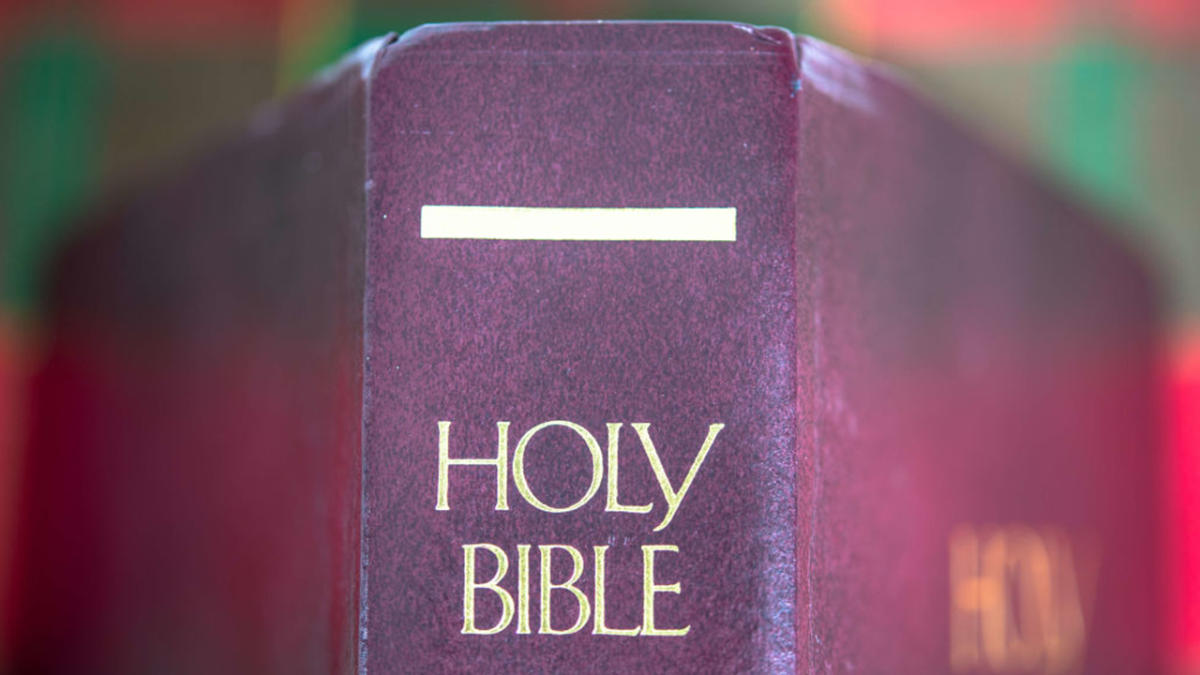Nebraska Lawmakers Push Bills Intertwining Religion With Public Education
In a decisive move to intertwine religion with the school curriculum, Nebraska lawmakers push bills intertwining religion with public education to the state Legislature's education committee on Monday.
Author:Bernard HorneFeb 07, 202489.7K Shares1.1M Views

In a decisive move to intertwine religion with the school curriculum, Nebraska lawmakers push bills intertwining religion with public educationto the state Legislature's education committee on Monday. The proposed legislation covers a spectrum of issues, ranging from parental control over school content to changes in school funding and the integration of religious education into public schools.
Among the bills is a notable proposal that would grant parentsmore authority over their local school's library books and curriculum. Another suggests awarding public school students with academic credit for participating in religious classes outside of regular school hours. Additionally, a measure aims to alter school funding by including private school tuition while explicitly prohibiting state interference in the curriculum and beliefs of private institutions.
Senator Dave Murman, the conservative chairman of the Nebraska Legislature's Education Committee, has resurrected his "parents' rights" bill, designed to facilitate easier objection to curriculum and the removal of books from school libraries. The bill, previously introduced last year, faced delays as conservatives prioritized passing legislation allowing taxpayer funds for private school scholarships. The law, signed into effect last June, is now under scrutiny as a ballot referendum in November seeks its repeal.
Hailing from Glenvil, Senator Murman assumed the chairmanship of the committee last year, following the ousting of a Democratic former schoolteacher. This move was widely perceived as a strategic effort by conservatives to assert influence over key committees and propel more of their bills to the legislative floor.
These proposed bills in Nebraska are part of a larger nationwide Republican initiative targeting cultural issues in education. This includes challenges to diversity, equity, and inclusion programs, as well as restrictions on the types of books allowed in school libraries. Conservatives nationwide have increasingly sought to limit children's exposure to materials addressing structural racism and LGBTQ+ issues.
Senator Steve Erdman's school funding bill, inspired by an Arizona law, has drawn attention to its $5 billion education funding plan. The bill aims to shift costs from local property taxes to the state's general fund by establishing an education savings account for each student. Critics argue that Arizona's similar school choice law failed to yield academic gains and led to the opening and subsequent closure of fly-by-night charter schools.
Within Erdman's bill, a controversial provision explicitly forbids the state from altering the curriculum or beliefs of private schools, raising concerns about potential loopholes in oversight.
Another significant proposal comes from Senator Loren Lippincott, offering school credit to public school students attending religious classes during regular school hours. Lippincott argues that religious education fosters morality and could contribute to a reduction in behavioral issues in schools. The program is open to all religions, provided it aligns with school policies.
Notably, not all bills before the committee on Monday aimed to intertwine religion with education. Senator Kathleen Kauth, known for her previous bill restricting gender-confirming care, proposed a measure to ease the process for out-of-state teachers to gain certification in Nebraska, addressing the state's teacher shortage.
The bill received bipartisan support, including an in-person appearance by Governor Jim Pillen, who testified in its favor, despite opposition from some Nebraska teachers who deemed it too lenient. As these proposed bills undergo scrutiny and debate, they exemplify the broader national conversation on the role of religion, ideology, and cultural issues in shaping the educational landscape.
Conclusion
Conservative lawmakers in Nebraska have unveiled a series of bills aiming to weave religion into the fabric of public school education. These proposals, presented on Monday to the state Legislature's education committee, encompass measures granting parents more control over school content, awarding school credit for religious classes, and reshaping school funding to include private school tuition, all while safeguarding private schools from state interference in their curriculum and beliefs.
Jump to

Bernard Horne
Author
In this signature of the father, Jesus, and the holy spirit. Exploring how God’s Word challenges us to live 100% according to His will so that we can come to a life of victory!
Latest Articles
Popular Articles